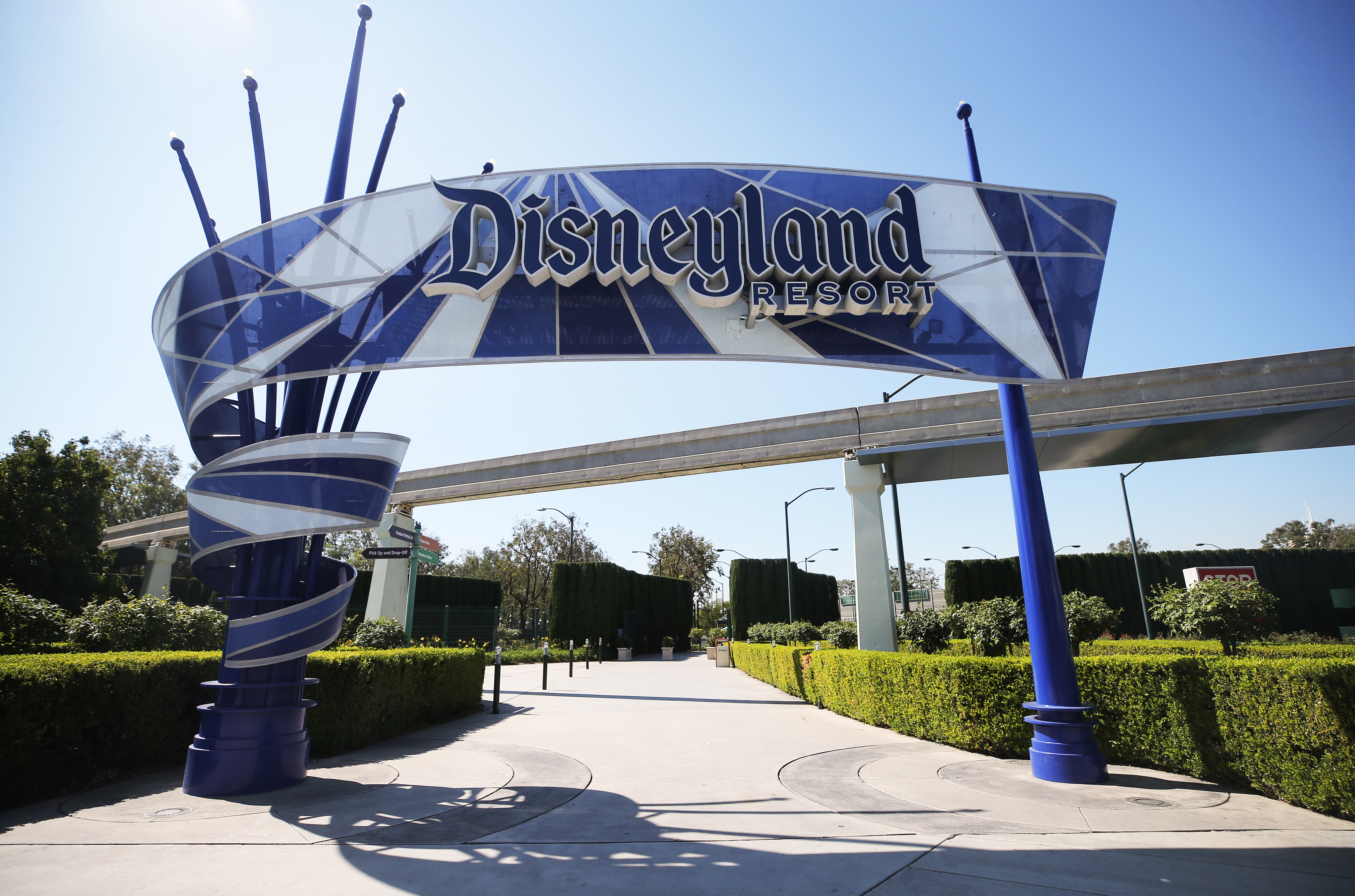Is the economy rebounding — or flailing?
Layoffs signal a rebound in trouble

A free daily email with the biggest news stories of the day – and the best features from TheWeek.com
You are now subscribed
Your newsletter sign-up was successful
The smartest insight and analysis, from all perspectives, rounded up from around the web:
Twin dangers to the economy point to more pain ahead, said Jeanna Smialek at The New York Times. A new wave of layoffs from massive employers like Disney, United and American Airlines, Allstate, and Shell and Marathon Oil suggest that the rebound "may begin to feel more like the grinding healing process" in the decade following the Great Recession. That's because "companies that are limping along this far into the crisis" — particularly high-interaction businesses such as restaurants and theaters — are "increasingly unlikely to ever recall their employees," turning temporary layoffs into permanent reductions. Nearly 2.5 million people have been out of work for 27 weeks or more, the threshold the Labor Department uses to define "long-term unemployment." We've learned from the past three recessions that lasting joblessness can "haunt workers," forcing them to drop out of the job market or take lower pay. That can weigh down "the U.S.'s economic potential."
The last jobs report before the November election didn't have the "eye-popping numbers" President Trump had hoped for, said Ben White at Politico. The U.S. added 661,000 jobs last month, a very good number under ordinary circumstances, but nothing like the 4.8 million jobs added in June as the economy reopened. There were also other signs that "the rebound is fizzling." Some 216,000 state and local government jobs disappeared as budgets were squeezed. Consumer spending is slowing and personal income falling — and there is no clear prospect of additional federal stimulus spending to compensate.
The Week
Escape your echo chamber. Get the facts behind the news, plus analysis from multiple perspectives.

Sign up for The Week's Free Newsletters
From our morning news briefing to a weekly Good News Newsletter, get the best of The Week delivered directly to your inbox.
From our morning news briefing to a weekly Good News Newsletter, get the best of The Week delivered directly to your inbox.
Private companies actually added a fairly healthy 877,000 jobs, said The Wall Street Journal in an editorial. The overall total was reduced by the government shedding 216,000 jobs, mostly because of closed schools. The biggest brake on the economy continues to be government restrictions. Despite this, "the economy and labor market still have plenty of growth momentum." Believe it or not, many businesses are reporting job openings they can't fill, citing expanded unemployment benefits that "make it harder to attract workers." This is not the V-shaped bounce back that optimists predicted, said Michael Strain in Bloomberg, but it is proceeding roughly as many other recoveries have. There's concern the economy is benefiting mostly the well-off. But "the first stages of economic expansions don't necessarily tell the full story. Lower-income households fare better as recoveries strengthen."
"There are still 10.7 million fewer people employed now than there were in February," said Henry Olsen at The Washington Post. That's a bigger share of missing jobs than at any point during any prior postwar downturn. But no matter who wins in November, the economy can't fully return without a safe and effective vaccine. "Without that, many people, especially the elderly and those with chronic illnesses, will hold back from eating out, watching a movie in theaters, or taking vacations." Schools and day-care centers will remain closed, and consumer spending will keep decreasing. "Solve the uncertainty" created by the risk of infection and employment throughout the economy will rise.
This article was first published in the latest issue of The Week magazine. If you want to read more like it, you can try six risk-free issues of the magazine here.
A free daily email with the biggest news stories of the day – and the best features from TheWeek.com
-
 Crisis in Cuba: a ‘golden opportunity’ for Washington?
Crisis in Cuba: a ‘golden opportunity’ for Washington?Talking Point The Trump administration is applying the pressure, and with Latin America swinging to the right, Havana is becoming more ‘politically isolated’
-
 5 thoroughly redacted cartoons about Pam Bondi protecting predators
5 thoroughly redacted cartoons about Pam Bondi protecting predatorsCartoons Artists take on the real victim, types of protection, and more
-
 Palestine Action and the trouble with defining terrorism
Palestine Action and the trouble with defining terrorismIn the Spotlight The issues with proscribing the group ‘became apparent as soon as the police began putting it into practice’